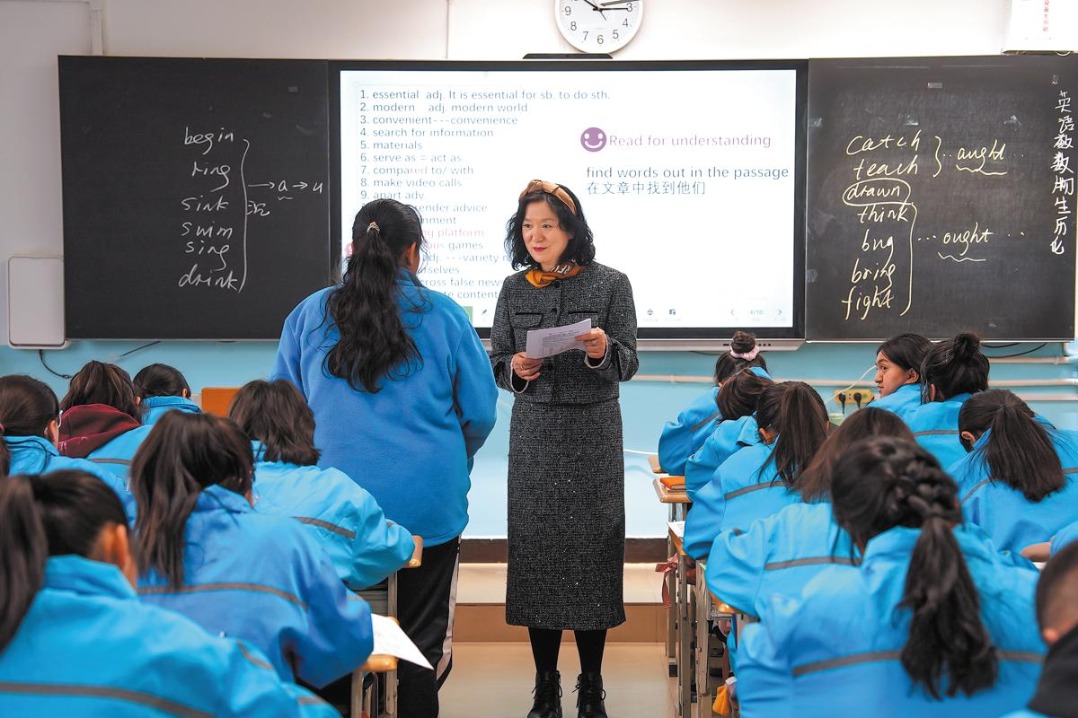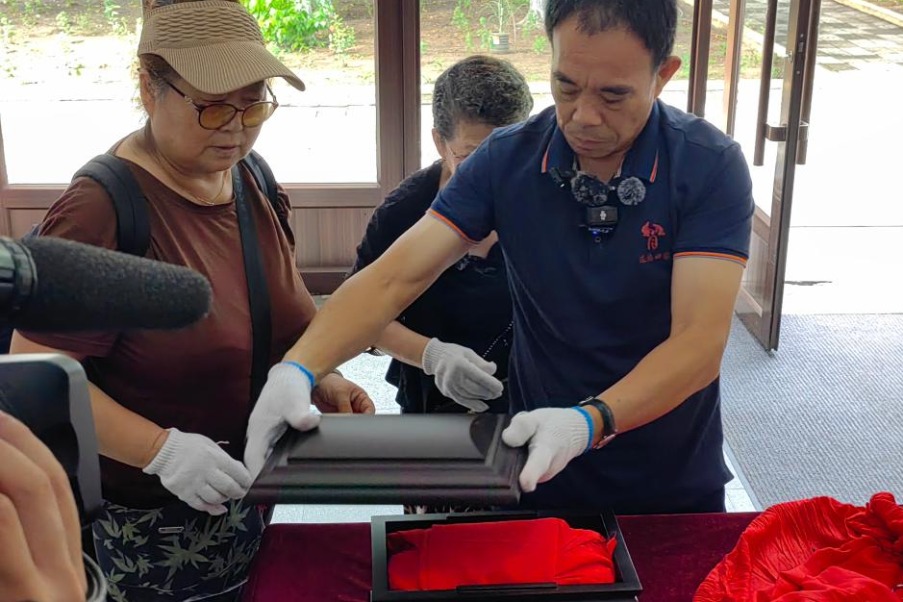University revokes demerit given to student accused of sexual harassment

In a case that has garnered massive attention on social media, Wuhan University has revoked the demerit punishment previously given to a male student, surnamed Xiao, who had been accused of sexual harassment by a female student in 2023, according to a statement released on Saturday.
The revocation by the university in Hubei's provincial capital follows two court rulings made against the female student, surnamed Yang, this year.
In July 2023, Yang accused Xiao of masturbating in public at the university library. On Oct 11, she published details of the incident on her WeChat account, which drew widespread attention. Two days later, the university announced in a statement that it had given a demerit to Xiao.
Xiao's mother said he has atopic dermatitis, a chronic skin condition that causes inflammation, and that he was simply scratching an itch when Yang saw him at the library.
Nevertheless, Yang filed a lawsuit against Xiao in June 2024, seeking a public apology from him and compensation of 5,000 yuan ($702).
On July 25 this year, the People's Court of Wuhan Economic and Technological Development Zone dismissed all claims brought by Yang against Xiao, saying his actions could not be determined as masturbating and it was highly likely that he was merely scratching himself.
A few days later on Aug 1, Wuhan University announced that it would reconsider the demerit it had handed down to Xiao.
Yang appealed the decision to the Wuhan Intermediate People's Court, which announced on Saturday that it had upheld the lower court's ruling. Wuhan University said it respects the intermediate court's ruling and has officially removed the demerit from Xiao's disciplinary record.
The case has been a hot topic on social media. Yang's accusations and subsequent loss in the original court led netizens to look into her academic records. Some discovered problems with her thesis — which had been accepted by the university and resulted in her being granted her master's degree — and discussed them online.
Public concerns sparked by the netizens' findings prompted the university to establish a panel to reinvestigate Yang's thesis in August. After a blind review, the university upheld the decision to grant her degree, citing academic regulations and relevant rules.
While the experts' review identified more than 100 nonstandard issues in Yang's thesis, mainly in expression, citation and format, as well as inaccurate translation and analysis, no academic misconduct on Yang's part was uncovered.
Meanwhile, several Wuhan University staff members from the student affairs office, the School of Foreign Languages and Literature and the Economics and Management School faced disciplinary punishments for failing to perform their duties in the case.
The statement further dismissed rumors about Yang's thesis being rated "excellent" in 2024, as well as false claims that her uncle is an academician or that nepotism influenced her interviews. Online rumors that Wuhan University gave Yang permission to revise her thesis turned out to be requests for her to provide raw data and code for review.
Other online claims — including that Xiao's "paternal grandfather passed away" and his "maternal grandfather fell into a vegetative state" due to cyberbullying — were also denied. The university also said Xiao's studies were not interrupted by online harassment.
- University revokes demerit given to student accused of sexual harassment
- China expands medical insurance coverage against rare diseases
- China Focus: China's first robot PhD student embarks on artistic AI journey
- Beijing teacher's assignment in Hotan high school a class apart
- A role model for students, colleagues alike
- Why China walks on path of peaceful development?




































